Ep. 163: Board Meetings | Why Bouldering May Not Help Your Sport Climbing
It's a widely held belief - and rightfully so - that bouldering will help your sport climbing. But does it always work out that way? If not, why not?
In this episode I sit down with Nate in Houston to discuss the mistakes that sport climbers make in using bouldering as training.
FULL EPISODE TRANSCRIPT:
Nate Drolet 00:00
Hey everybody, Kris here. Just a quick note before we get started. It's a challenging time for everybody. And if you're stuck at home, motivated to work out, but don't exactly know where to start, we've got a good free option for you. Now, keep in mind, you don't have to be motivated to work out. If you just want to Netflix and chill, by all means do that. It might be exactly what you need right now. But if you are looking for workouts, you can go to PowerCompanyClimbing.com. Look right there on the front page. There's going to be a blog post that you can join our free home Quarantraining group. No credit card info, no purchase is necessary. It'll run through our app and it's a suite of workouts with varying different types of equipment that you may or may not have. There's going to be a workout in there that suits your situation. So use that free resource. Use your money, if possible, to support local businesses. Keep your gym memberships open so that those gyms are still around when this thing is over. And we'll see you on the other side. Stay safe out there.
Kris Hampton 01:34
What's up, everybody? I'm your host, Kris Hampton.
Nate Drolet 01:37
And this is Nate Drolet.
Kris Hampton 01:39
And together we form The Lox. You know who The Lox are?
Nate Drolet 01:45
I do not
Kris Hampton 01:46
I bet you can guess.... part of who they are
Nate Drolet 01:50
A Tribe Called Quest?
Kris Hampton 01:51
Hahaha. Close. They are a New York hip hop group. But they're actually a trio, so it doesn't really work. But it's Jadakiss, Sheek Louch and the reason I chose them today is because the third member's name is "Styles P"
Nate Drolet 02:11
Those are some good names.
Kris Hampton 02:12
Yeah. And styles will come into play later on in this conversation.
Nate Drolet 02:17
Yes.
Kris Hampton 02:19
We are in Houston at your house where your sister's trying to hook you up with a new hairdo. I'm liking what she's what she's got going on, though. Are you gonna do it?
Nate Drolet 02:30
Eh...probably not.
Kris Hampton 02:31
Come on, man.
Nate Drolet 02:32
We'll see.
Kris Hampton 02:33
Kaniki. It could make a good kaniki.
Nate Drolet 02:35
Yeah, exactly. Um
Kris Hampton 02:38
I'm on her side. So. But we're here for a workshop at Momentum tomorrow. We are working with a bunch of the coaches from Momentum. And excited about that. It's gonna be fun.
Nate Drolet 02:52
Yeah, I think it'd be really good time.
Kris Hampton 02:53
I like working with big groups of coaches. So I think it's fun to pass on knowledge and techniques and ideas that that those coaches get to carry out to a bunch of other people, you know, and we also get to hear what they do, which is kind of cool.
Nate Drolet 03:11
Yeah, that's, you know, one of my favorite parts as well.
Kris Hampton 03:14
Yeah, for sure. You just wanna jump into this thing, because we got a few to do tonight and, more beers to drink. Did you take those beers out the freezer, by the way?
Nate Drolet 03:23
I did. Okay, yeah, we're good.
Kris Hampton 03:25
I heard your alarm go off. I just want to make sure. I don't want exploding beers in your parents' freezer. What are we talking about tonight?
Nate Drolet 03:35
This is a topic that I've been wanting to talk on for a little while now. But in one that's a... I can pretty much relate to all of these. But it's when bouldering no longer improves your sport climbing.
Kris Hampton 03:50
Yeah. And that's an interesting thing because, you know, I had this realization years and years ago when I when I decided, "Okay, I'm going to boulder. I'm going to increase my power. I'll be a better sport climber for it." And then I just went to the gym and did the longest boulder problems possible. You know, so I was just I was making up like, 35 move boulders and completely missed the point of bouldering you know. So this one definitely hits home and a lot of ways. And it made me sort of question what I'm doing right now, in really focusing on bouldering. But bouldering is my goal right now. My goal is not to become a better sport climber.
Nate Drolet 04:39
Yeah.
Kris Hampton 04:40
So I have to like, kind of to remind myself of that.
Kris Hampton 04:42
Yeah. Yeah, keep the goal, the goal. And that's where, where this really comes into play is if your goal is sport climbing, at what point is bouldering not going to help you or are there things that you're doing with bouldering that's going to not help your sport climbing. Yeah.
Nate Drolet 05:01
Because for most people, if they want to get better at sport climbing, it's kind of just thrown around advice of, "Hey, you need a boulder." And I mean, I, I agree. Like, I'm one of those people who thinks, you know, you shouldn't just be sport climbing only. You shouldn't only be doing endurance work. Like, you need to be powerful if you want to sport climb well.
Kris Hampton 05:23
Yep
Nate Drolet 05:25
But the blanket statement of "Go bouldering.", even if you are bouldering well, it just doesn't quite work.
Kris Hampton 05:35
Yeah, it's just not specific enough, you know, so. So we're gonna dig into those things and see if any of you listening fall into any of these categories. First, when you're, I mean, I think this one sort of should go without saying, but yeah, but and you would think, but lots of people still fall into this trap. And it's when you're already a disproportionately better boulderer than you are a sport climber. And, physically, if you already have the tools to boulder hard, and your sport grades aren't reflecting that, then bouldering even harder, probably isn't going to help you anymore.
Nate Drolet 06:23
Yeah.
Kris Hampton 06:24
You know, there are probably other physical traits that you're lacking, that you're just not paying attention to.
Nate Drolet 06:31
Totally. And you know, like, so this is what's something that's actually pretty common, I run into people all the time, who will say "I really want to climb 13A and V10 this year. "
Kris Hampton 06:46
Right. Right.
Nate Drolet 06:46
And it's, it's a very, very common pairing of goals. But if you're trying to climb V10, and 13a at the same time, one of those should really just kind of fall over for you.
Kris Hampton 06:58
Yeah, exactly.
Nate Drolet 07:00
But, you know, that's just a very common pairing. And the thing is, if you do climb V10, if you get, let's say, you go from climbing, solid V9 to climbing V10, 5.13 probably will be a little easier. But, you know, you're really, like, you're working hard for minimal gains at that point
Kris Hampton 07:23
Exactly.
Nate Drolet 07:23
If your end goal is sport climbing.
Kris Hampton 07:26
Yeah, you might be getting another 1% 2% closer to your sport climbing goals by raising your V grade. And it's gonna be a lot more than 1% or 2% worth of work that you're putting in to get those extra higher V grades. You know, you could see much bigger gains by focusing in on the things in sport climbing that you're not so good at. You know, but it is, I mean, it's preached out there that strength and power are king. And I and I agree for the most part. But if those are already your strengths, then and you're still not reaching your sport climbing goals, then you're missing something else.
Nate Drolet 08:09
Yeah, no, I agree. You know, a piece of imagery I really like that is commonly used is strength is the glass, and you know, endurance, power endurance, and all that is the water that fills it up inside. And so the bigger you can make that glass, the more potential you have.
Kris Hampton 08:31
But if you're working with just a giant empty glass, then yeah, you got issues.
Nate Drolet 08:35
And that's what we see a lot of times. Yeah, you know, I can't tell you how many people I've met who climb 5.12 and yeah, V9, V10 like, who want to climb hard on ropes.
Kris Hampton 08:46
Right.
Nate Drolet 08:48
And yeah, so that's, uh, that's number one.
Kris Hampton 08:52
Yeah. And I think, you know, the, that leads us right into this next one as sort of the next step for those people who've realized, "Okay, I'm, I'm better at bouldering than my sport grade shows. What is it that I'm missing?" You know, one of the common things that they're missing is just experience and sort of the mental side of sport climbing, climbing on a rope, trying hard above a bolt, getting pumped above a bolt. You know, those are totally new experiences.
Nate Drolet 09:27
Oh, yeah.
Kris Hampton 09:27
Even if you're climbing V10, you know, it's a new experience falling onto a rope. And I've met a lot of boulderers who are totally fine taking highball falls. But they get four feet above a bolt and they're petrified.
Nate Drolet 09:44
Oh, yeah. I've been there.
Kris Hampton 09:46
Totally. And, you know, I think that's just something you have to work on. You have to put the time into and if you don't have that experience, that's gonna hold you back.
Nate Drolet 09:55
Yeah. And where I think this differentiates from number one, number one is more we're looking strictly from a physical adaptation standpoint of you have the strength, you just don't have endurance, power endurance, things like that.
Kris Hampton 10:08
Right.
Nate Drolet 10:08
And this is more from experience and the things that come with it. And one place where this really hit home for me was a few years ago, it was going wherever we were recording the "Common Sense versus Common Practice"
Kris Hampton 10:27
At Brendan Leonard's house.
Nate Drolet 10:28
Yeah, Brandon Leonard's house. Shout out Semirad
Kris Hampton 10:31
Yeah. Semirad.com. Illustrating my new book coming out...or illustrated. He's done. We're almost done.
Nate Drolet 10:40
You got a book illustrated
Kris Hampton 10:41
Yeah.
Nate Drolet 10:42
Oh, that's pretty rad.
Kris Hampton 10:45
Semirad.
Nate Drolet 10:45
But yeah, so we were there and one of the things we were talking about was pyramids. And I noticed something very funny about my own pyramid at that point. And because I had kind of been talking with you and I was like, "I don't get it man. Like I can really focus on sport climbing for a while, but no matter what, I just always feel like a better boulderer." And I looked at my pyramid and at that point, I had climbed more double digit boulders than 5.13s. Which, for someone who had, I had sport climbed a disproportionately larger amount of time that I had bouldered. Like, I mean, that's a clear red flag when it comes to experience.
Kris Hampton 11:21
Right
Nate Drolet 11:21
Like, yeah, it's not like, "Oh, there's some mysterious thing happening with my sport climbing", it's like, "No, I'm just, I'm not punching the clock."
Kris Hampton 11:28
Yeah, and that's a cool way to, to view it, you know, to see it. So if you're on 8a.nu or any of those sites, or you keep your own journals, you know, take a look at that stuff and see what your V10s versus 5.13 looks like and, you know, that might give you some sort of insight into it. Now, I also think, beyond the like, fear component, mental component and this one sort of bridges the gap between our first physical, and this one, which is more mental, more experience, is just the ability to keep it together, when you're really fatigued.
Nate Drolet 12:09
Oh, yeah.
Kris Hampton 12:10
Bouldering is all about giving the best effort you can in very small bursts, and then resting a lot in between. And some people take that to the maximum, you know, and a lot of those people are sending really hard boulders, but they never learn how to really execute moderately difficult moves, while super fatigued. And I think that's a really super important skill for them to have. And they're just aren't learning it through bouldering only.
Nate Drolet 12:42
Yeah. No, I completely agree. You know, and this kind of fits along with another common thing that's talked about and that's that you know, if you take someone who's really, really strong, like a really great boulderer, and you just, you know, give them endurance, they're going to be a great sport climber
Kris Hampton 13:07
Right
Nate Drolet 13:08
Like that's thrown out. And I I often believe that the only people I ever hear say that are typically people who have a sport climbing background, and have never been strong boulderers.
Kris Hampton 13:19
Sure.
Nate Drolet 13:20
And I also say this as a triggered boulderer, who has been on both sides of the coin here
Nate Drolet 13:25
Like I've been an underpowered sport climber and I've been an overpowered boulderer, like....ugh, I've been a very under enduranced sport climber. Like, I've been really fit on boulders and like, just got my teeth kicked in on routes. And like, I've been really fit for routes. And like having seen both sides, like, I think it's kind of silly to just simply say, "Oh, yeah, if someone has just a ton of power, ton of strength, you know, give them the endurance, and they're gonna just smash. " It's like, no, there's a lot that goes into it, everything from tactics to the mind game to just so much when it comes to sport climbing. Great climbers can do both. But simply just having that bouldering background isn't enough.
Kris Hampton 13:25
Haha
Kris Hampton 14:09
Yeah, totally. And, you know, like you said, great climbers can do that. But what great climbers do is they allow themselves that little bit of transition time that they need to switch over from one to the other. And they're aware that there's going to be this mental component involved. There's going to be this, this technical component involved that I haven't been practicing that I need to get back into. And they'll put themselves in that position for a few days, so that they're back there. You know, the average person avoids that place like, like the plague. They don't want to get uncomfortable. They don't want to get scared. They don't want to fall because their technique is falling apart, you know. So they bail from it. And we see it at the beginning of every damn sport season that there is. People train hard. They've got all the physical tools. They go outside, and they freak out because they're getting pumped. And all it is is an experience thing. Where you and I can go out and we can switch from bouldering to sport climbing in a couple of sessions, and then be really comfortable on a rope. It might take somebody who doesn't have the experience that we do, it might take them, you know, five sessions to really get in the groove of it. And I think people just skip over....they think they can skip over that. And it doesn't work that way.
Nate Drolet 15:37
Yeah. Oooh, I actually want to give a shout out to one of the guys I work with, Eric, who he doesn't have a ton of time to climb outside. But he recognized a pattern recently. We were talking on the phone not too long ago about this. And he realized that it takes him roughly or right at 20 pitches every season to start like really feeling in the groove. And it didn't matter how many days it was over, or anything like.... so much as it was just 20 pitches.
Kris Hampton 16:11
Yeah.
Nate Drolet 16:11
And pretty consistently. And so what he's planning on doing this spring, is he's going to... he would normally a lot of time to where he would go out and just have like one big long, like spring trip and maybe like one other weekend or and like one fall trip. And now he's going to try and do I think three weekend trips instead. And so his goal now is first weekend, he's going to try and knock out 20 pitches. And so he's so he's pretty much saying, "I'm going to dedicate this time just to get getting back in the groove of things."
Kris Hampton 16:43
Yeah. I think that's super smart.
Nate Drolet 16:46
Yeah, I know. I heard him say it and like, we kind of talked about it. And he was like, "I picked up like saw this pattern." He's like, "What do you think?" and I was like, "I think that's a really clever idea." Yeah. So yeah, he's fully committed to kind of biting the bullet initially to go through that learning curve, get comfortable again, and then seeing what happens.
Kris Hampton 17:04
Yeah, super smart. I mean, that's, that's what the best climbers do. They just they can do it over a shorter period nd we don't hear about it, you know,
Nate Drolet 17:13
You know, like, just one other quick example. When I went to Smith years ago, one thing that was really cool to me was Nina Caprez came out there.
Kris Hampton 17:24
Yeah.
Nate Drolet 17:24
And in her, I think it was like her first maybe three or four days, she would just climb 512 nonstop. And I mean, she was falling all over the place. Like, this is a new style, like, new place, lots of things. But man, she just unabashedly went after everything. And yeah, I was just like, "That's really cool." Like, everything from you know, just like the classics to scarier things, but she really got that learning curve knocked out of the way fast.
Kris Hampton 17:54
Yeah, because she had a bigger goal in mind.
Nate Drolet 17:56
Yeah, you know, and she ended up doing To Bolt Or Not To Be, like, she climbed in really well out there. And this is, you know, good technical climber. But it was really cool to see. You know, she had... when I first saw her, she was whipping off the top of Chain Reaction, a 12c. And yeah, it's like, I'll be honest, I was intimidated just even try that initially, because it's very prominent, like in The Dihedrals.
Kris Hampton 18:22
And it's "only"....air quotes...12c
Nate Drolet 18:23
Yeah, it is only 12C
Kris Hampton 18:27
And you can't be seen falling off 12c
Nate Drolet 18:30
Yeah. But if you're climbing on Chain Reaction, everyone can see you.
Kris Hampton 18:33
Right.
Nate Drolet 18:34
It's like this big ship's prow and yeah, it's like, kind of.... for 25 foot rock climb...it's kind of an intimidating little thing. And yeah, she just like, I mean, she fell multiple times on it. Didn't bother her at all. You know, came down, belayed a friend, went right back up it, sent it, moved on to the next thing.
Kris Hampton 18:46
Yeah that's what it takes.
Nate Drolet 18:54
Yeah. And so it was cool to see that that high level mindset, which was that she was completely fine regressing, you know, down to 5.12, like two full grades below what she climbs and just moving forward from there.
Kris Hampton 19:09
Yeah. And, you know, I see a lot of boulderers go the opposite way. They're like, "Okay, I climb V11 boulders, I'm going to go outside and just get right on 14a. You know, I'm, I'm not going to waste my time on these twelves. I'm going to get on 14A and just work until I can do it." And they end up top roping it forever because they're, they get too scared when they get above a bolt. Does that always happen? No, of course not. But I've seen it enough to know that it's a common trend. So next up, tactics.
Nate Drolet 19:45
Yes.
Kris Hampton 19:45
Bouldering tactics don't always equal good sport climbing tactics. In fact, a lot of the times they don't.
Nate Drolet 19:52
And if you're good with bouldering tactics, you can really... I mean, shoot you can bump up how hard you climb by like two V grades if you know what you're doing. Yeah, I mean everything from like, you can control conditions so much, like chasing the shade. Like, there's so many things that you can really manipulate. But things like chasing the shade, waiting for perfect wind, like, you can really perfect these tiny little moments. Where with sport climbing
Kris Hampton 20:23
You can block the sun off of the holds for the two hours that the sun are hitting them. And
Nate Drolet 20:29
Oh yeah, you can bring a fan out with you
Kris Hampton 20:31
All sorts of things.
Nate Drolet 20:33
There are just so many things with tactics. You can sit and work a singular move for four straight hours if you want. Yeah, I mean, you can do that with sport climbing
Kris Hampton 20:41
You can have somebody point at the spot on the hold you're going to, so that you can hit it perfect every time.
Nate Drolet 20:47
You can get beta videos are a lot easier with boulders
Kris Hampton 20:51
Very much easier.
Nate Drolet 20:52
They exist for sport climbs, but not nearly as much. Like I mean, you know, we were looking at a boulder the other day in Hueco and between us within five minutes, we had, I think, like five different videos of different heights and size people.
Kris Hampton 21:05
Totally
Nate Drolet 21:06
Yeah. And that was just like, you know, Google and Instagram.
Kris Hampton 21:09
And if you're on a sport route, it's a little tougher to have your phone with you and be able to check it in real time. Like, "Oh, let me see if I'm doing the sequence right. Oh noI got that that foot slightly wrong", you know. It's a, it's a whole other animal.
Nate Drolet 21:09
If you want to videotape yourself on it, it's harder. It's harder to get a good angle and like really see what's happening. Bouldering also has a much lower time commitment. So you can just, you know, if I want to go try 130 foot sport climb that has a crux up at the top that I need to work, it's exhausting to get to the top, you know. I need to belayer, it's going to take a lot of time, a warm up is long. If I want to try a roadside V10, it's right there. And like, you know, I can go out in an hour and I can have like a super productive session.
Kris Hampton 21:54
Yeah, I can, I can warm up in my house and be totally done in 30 minutes, ya know.
Nate Drolet 22:02
So there are a lot of cool things with bouldering that you can do to make yourself climb harder, like send harder grades, which is really important. And I think everyone should be using good tactics.
Kris Hampton 22:11
Absolutely.
Nate Drolet 22:12
But it can kind of skew how hard you're climbing in comparison to sport climbing, because you're not always gonna be able to use it. And there's great tactics you can use for sport climbing. You know and that's a conversation for a different day. But a lot of these bouldering tactics just don't quite line up with sport climbing.
Kris Hampton 22:33
And and don't take us wrong. We're not saying that being a master tactician is a bad thing.
Nate Drolet 22:42
Oh, not at all.
Kris Hampton 22:42
It's a really, really good thing. You know, whenever I'm climbing around people who are master tacticians, I try to soak up as much of that as I can, you know. And, and there, it's often things I never would have thought about. I wouldn't have approached it that way. I'm confused as to why this person's doing this, but then I see it work. But what it does, like you said, is skew what you think your ability might equate to on a sport climb. You know, especially if you fall into either of those number one and number two camps of not having the experience or not having the endurance.
Nate Drolet 23:27
Yeah
Kris Hampton 23:28
You know, then it's going to make it even, it's going to hurt your feelings even more when you go sport climbing. So, I think that's, I think that's a really smart one. And we should have a we should do a Board Meeting on bouldering tactics, all those little secret hidden tactics, like we're talking about.
Nate Drolet 23:47
Yeah, totally.
Kris Hampton 23:48
You know, like your sky hooks to hang up pads. And, you know, that's something I see pretty readily now. I'm llike, "Oh, sun's gonna hit this hold. Here's how I can position a pad." You know and it's just from climbing with you and watching you do that. It never would have occurred to me, because I came from a sport climbing background, where that sort of thing doesn't exist. You know, I can't have somebody hold up a tree to block my route, you know, so. Alright, take a break?
Nate Drolet 24:18
Yep.
Kris Hampton 24:19
All right, break. Right. What's up everybody, Kris here. I'm not going to take up too much of your time. But I do want to let you know about my new book, "The Hard Truth: Simple Ways to Become a Better Climber." It's a collection of 26 essays, no nonsense, meant to shine a light on those qualities that limit us the most as climbers, the qualities that are hard to measure, but simple to manage. Simple, that is, when they're backed with intention. The book was illustrated by my good friend Brendan Leonard from SemiRad.com, who read every essay and put one of his amazing, in your face, charts along with each one. The Hard Truth will be widely available on May 14, 5.14. No, that's not a coincidence. However, you can get your copy two to four weeks early by going to powercompanyclimbing.com. Click on the Shop tab, The Hard Truth. Check out all the pre order bonus items that we have and get your order in. Until then, thanks for your support. And back to the show.
Kris Hampton 25:22
And we have returned, new beers, chilled glasses and all.
Nate Drolet 25:27
Boom. Houston living
Kris Hampton 25:29
Houston living. Man it was...I walked outside at the airport today
Nate Drolet 25:33
Hahaha
Kris Hampton 25:34
I have to talk about this. I sat down in the passenger pickup.... Houston, Texas, mind you. And there's hot air blowing on me out of a heater at the passenger pickup. And at first I was like, "Oh, this is really nice". And then I'm like, "It's fucking Houston."
Nate Drolet 25:55
It was 66 degrees today
Kris Hampton 25:56
Yes. It's 66 degrees today and people are like, "Oh, it's a cold snap."
Nate Drolet 26:01
Mm hmm.
Kris Hampton 26:03
Hahaha.
Nate Drolet 26:03
And it was a good one too
Kris Hampton 26:04
I'm like, "We don't have heat in Wyoming at our pickup spots. Dang. You guys are spoiled here."
Nate Drolet 26:10
Oh, yeah.
Kris Hampton 26:12
Heat at your passenger pickup and chilled glasses for your beer. I don't know, man. All right, moving on to the next one, the next time when bouldering harder doesn't necessarily equate to harder sport climbing, is when you're just a super projecter, like a boulderer who built a tower and don't have a big base underneath it to support it.
Nate Drolet 26:41
Yeah
Kris Hampton 26:41
You know that that can really trick you into thinking that you're you're a much better climber than you are.
Nate Drolet 26:49
Yep. In comparison to sport climbing
Kris Hampton 26:53
Or just period hahah
Nate Drolet 26:54
Just period. So this was actually, this was the point that....and the next one, point number five, definitely comes in. But this was the specific one that made me think of this topic. Because having, you know, I like to think I'm a fairly experienced boulderer. That's what I've done for most of my 16 years of climbing. And whenever I'd go out with sport climbers, I always laughed for a long time because it seems so strange to me. I'd climb with these people and they'd be like, oh, you know.... if we'd be climbing, I'd be like, "Well, what are you looking for?" And they'd be like, "Oh, you know, like, I can climb V8 but maybe on a good day I can climb V9". We go out and they can climb like four new V8s and on a "good day", they climb a V9 that day
Kris Hampton 27:05
Right. Haha
Nate Drolet 27:11
And I'm like, "No, you climb like V11. You just don't know how." But realistically,
Kris Hampton 27:48
I was that boulderer, by the way
Nate Drolet 27:51
Totally. But the thing is, like, my question is, what's more valuable as a sport climber to measure yourself by? Is it "I spent 15 days under this one boulder and I climbed this", or "I can climb this in 15 minutes. I can climb this grade ina asession. I can climb, you know, five of this grade in a day." To me that second one, like those larger volume groupings, are much more relevant to sport climbing than just kind of slamming your head against one boulder.
Kris Hampton 28:27
Yep, yeah, I agree in there. You know, there are some really valuable parts of mega projecting boulders. You know, you learn some really valuable skills about being aware of the subtleties of moves and what needs to be changed to make things work and you know, that can help you on that crux that's 130 feet off the ground.
Nate Drolet 28:50
Yeah
Kris Hampton 28:51
You can get through it faster that way.
Nate Drolet 28:53
And having belief in things is huge
Kris Hampton 28:55
Yes
Nate Drolet 28:55
You know, having moves go from impossible to possible, you know, in a few days, that's a really cool experience.
Kris Hampton 29:02
Totally. But not only the, like the physical fitness, but also the belief that you can do that many difficult or moderately difficult moves in a row, in a day, in a session. You know, when you have that, that ability to be able to climb four V8s and a V9 in a session, that's going to help you a lot more on 13a than being able to climb one V10 in one place in one specific style.
Nate Drolet 29:35
You have to take 15 minute rests between that three move boulder. Yeah, yeah, you know that work capacity, just from a physical standpoint, that's incredibly valuable.
Kris Hampton 29:44
Yeah, massive
Nate Drolet 29:45
And by having that more broad pyramid and this kind of takes us in our next one...it's going to diversify the styles that you climb on.
Kris Hampton 29:55
Yeah. The Styles P, so to speak. Lox
Nate Drolet 29:57
Styles P. Yes.
Kris Hampton 30:00
Yeah, and you know, that's our, that's our big one. And we could talk on this one for a while, I think. That
Nate Drolet 30:05
We could talk on just one for a while.
Kris Hampton 30:07
Haha. There's several styles of bouldering that you can go really deep down the rabbit hole in, and, and that's totally fine. You know, if that's what you're psyched on, then that's what you should do. Like, I know that my best chance at climbing harder boulders is compression, so that's what I'm focused on. I'm also trying to get better at super incut crimps. But my hardest boulders are going to be compression.
Nate Drolet 30:37
Yeah. Your hardest sport climbs aren't going to be compression.
Kris Hampton 30:40
I've climbed very few hard compression sport climbs.
Nate Drolet 30:44
There aren't many in the world.
Kris Hampton 30:45
Haha. Exactly. Most of my sport climbing is on pockets these days. So you can go really deep down the rabbit hole of these styles and have it not really help your sport climbing that much.
Nate Drolet 30:58
Yeah. And so this is kind of calling out all the people who like "Big Boy" climbing, as I like to refer to it. So this is big moves, compression heel hooks, like that style, which, man, it's so much fun.
Kris Hampton 31:14
Yeah
Nate Drolet 31:15
Like, the way a lot of us get trapped into this is like you tweak a finger and you're like, "Oh, well, I can still grab slopers and pinches and like, well, my my legs are healthy too."
Kris Hampton 31:24
I got trapped into it because I'm old. And I don't want to hurt my fingers.
Nate Drolet 31:27
Yeah, and it's so much fun. Like, I can just squeeze with my legs and just like go hard between holds that are comfy. Yeah, I'm going to do this all day.
Kris Hampton 31:35
Totally.
Nate Drolet 31:36
But I see more and more people who, man, they can compress and heel hook up to like V11 and they cannot face crimp like V8. Like they just get stopped cold.
Kris Hampton 31:48
Yeah.
Nate Drolet 31:48
Which, man if you're end goal is to just climb hard compression, cool. Like, that's fine. But if you want to sport climb, man, you're just you're not going to be able to heel hook and compress your way through many rock climbs.
Kris Hampton 32:00
Yep, totally.
Nate Drolet 32:02
You know, they exist and these are useful skills. They're not, they're not worthless by any means. Like, I think sport climbers should still be powerful, able to do hard heel, hard compression, you know, big one, and two move boulders that have jumps on them, power moves. Like they're valuable. But if your entire upper end of your pyramid, is that are those styles, then, and you want to be a sport climber that climbs well, like, maybe you need to kind of cross out those for what you view as your pyramid that's applicable to sport climbing.
Kris Hampton 32:37
Yep. Yeah. Especially if it's more Morpho. You know,
Nate Drolet 32:41
Yeah
Kris Hampton 32:41
If you're only doing... if your top level boulders are boulders you've only done because you can reach the holds and you're not honest about what those grades feel like to you, then you're going to be sorely disappointed when you go get on most sport climbs. You know, if you happen to pick or if you're smart, and you pick the ones that are morpho, then then it might transfer. But for the majority of sport climbing, it's gonna it's gonna hurt your feelings a little bit.
Nate Drolet 33:15
Yeah. So you can like.... with boulders, if you're, you know, if you're a big guy, if you're like, 6'4, 6'5, like, you can really reach through some cruxes
Kris Hampton 33:23
Yeah. And you have the opportunity to be honest about it to yourself.
Nate Drolet 33:28
Yeah.
Kris Hampton 33:28
You know, like our friend Johnny Lightning, has his lightning his Bolt Scale.
Nate Drolet 33:35
Yeah.
Kris Hampton 33:35
And he's like, "You know, that might be a V11 dyno for you. But for me, it's a you know, five lightning bolts, because I can reach it."
Nate Drolet 33:48
It's also not to say that you shouldn't.... man if I'm tall, like,
Kris Hampton 33:51
Oh, yeah, I'm gonna take the grade every time I get the chance to.
Nate Drolet 33:54
Yeah, and I'm gonna skip every hold. Like, you know, I train someone who's six foot five and we've talked about this. I was like, "Hey, man, like, you don't have to climb like me. Like, I'm not going to put on a 40 pound weight vest to climb like you. So you sure as shit shouldn't be not skipping holds to try and climb like I do."
Kris Hampton 34:14
Right
Nate Drolet 34:14
Like if I was you, I would be using every inch that I can.
Kris Hampton 34:18
Right no one's telling Daniel Woods or Paige Claassen to not use their full wingspan
Nate Drolet 34:23
Yeah, so you know, use everything you have but if your end goal is sport climbing or who knows like, big wall, trad, whatever, anything like that, try and take into account, "Am I really leveraging these things that can only help me on boulders?"
Kris Hampton 34:41
Mm hmm. There is that dyno on the Dawn Wall though.
Nate Drolet 34:45
Boom.
Kris Hampton 34:46
You're ready
Nate Drolet 34:47
Giants get there
Kris Hampton 34:47
Get out there and do it. You know, the another one we didn't really talk about beforehand, but popped up in the beginning of this are enduro boulders.
Nate Drolet 34:57
Oh, yeah.
Kris Hampton 34:58
You know, if you I think that's a, if you're already good at sport climbing, and you go bouldering to make your sport climbing better, and all you ever do are enduro boulders, it's not really helping you. You know, you might as well be going sport climbing more.
Nate Drolet 35:15
So I think there can be a time for it. Like, if it's a if you're in a shoulder season, if you're transitioning between bouldering and sport climbing, or you don't have sport climbing partners. Yeah, it's, I think it's fine. But yeah, you know, maybe don't hang your hat on it.
Kris Hampton 35:28
Yeah, if you if you went out there to gain power, make sure that you're going out there doing powerful things.
Nate Drolet 35:34
Yeah. You know, if you're trying to go bouldering to gain power, and you're doing 40 move boulders that have multiple no hands knee bars on them.
Kris Hampton 35:44
Hahaha....Speaking of knee bars
Nate Drolet 35:45
Yeah.
Kris Hampton 35:46
Knee bars are a big one.
Nate Drolet 35:47
So here we are. Yeah.
Kris Hampton 35:48
So unless you're, unless you're a Rifle climber, then the art of kneebarring is not really going to help you that much on a lot of sport climbs. Some it will. Some it's going to be advantageous, but
Nate Drolet 36:01
A lot of tufa climbing , out in Spain, like there's a lot of areas where you can really kneebar through
Kris Hampton 36:06
Totally. But there are, there are lots of boulders these days, especially in Hueco, the last season I was there, there was sort of this little.... I don't even know what to call it.... this weird trend of, "Hey, you should go check this V12 out because there's these knee bars on it now, so it's way easier." And I'm like, "Listen to what you're saying. Like you're saying, there's this V12 that's not V12 anymore." That's what you're saying.
Nate Drolet 36:36
Yeah
Kris Hampton 36:37
You know, and people are still doing those boulders, calling them V12, which.... I'm a I'm a fan of taking the guidebook grade, you know. There are some of these that even I can't stoop that low. But the worst thing is that you're convincing yourself that you're this level of boulderer, when you're not. You know, if ....it's say the grade was V10 and since there have been three kneebars found on it and now it's actually more like V7, you didn't just become a V10 boulderer. You know, you're still bouldering V7. And I think that's just important to keep in mind. And it's a really easy way to fool yourself into thinking that your bouldering grade has grown, but it's not going to transfer over to your sport climbing grades.
Nate Drolet 37:35
Totally. You know, in sport climbing, or I think it's worth mentioning that kneebarring is a skill
Kris Hampton 37:41
Totally is a skill. There's some fucking hard kneebars out there.
Nate Drolet 37:44
Yeah. Dan Mirsky and me, so Dan, guest on the podcast.... nice episode about... what was he talking about? Was it Golden?
Kris Hampton 37:55
Yep. Yeah. Golden or Golden Direct...the two of them.
Nate Drolet 37:58
Yes
Kris Hampton 37:59
He had tried Golden and got frustrated. So he tried the direct
Nate Drolet 38:03
Decided to go for a harder one. Yeah. So kneebar connoisseur. Unquestionably, he's a master. And I like to think I'm pretty decent at kneebars. And we were talking. This was two summers ago, we were in Rifle and we're talking about how it's an unappreciated skill, because people kind of think it's like pulling a trigger. Like, "Oh, I put my toe there, my knee here. It's a kneebar."
Kris Hampton 38:28
And it just slots in and it's there.
Nate Drolet 38:30
Yeah. And for them, if it doesn't feel good, they're like, "Oh, I don't fit." But realistically, a lot of shins aren't that far apart, like when it comes to length. And like, there's a lot of like, flexion in your foot. So you really have a lot of leeway for most people. But what a lot of people don't realize is a kneebar, what the rest of your body is doing is 1000 times more important than what your toe and knee are doing.
Kris Hampton 38:55
Right
Nate Drolet 38:55
Like where you placed that knee and toe, sure it kind of matters. What you do with all the rest of your body and your other foot, both hands? Significantly more important.
Kris Hampton 39:05
Yeah, it's it that's a totally real thing. A knee bar is an active technique. It's not some passive thing. You know, I see people use heel hooks passively and kneebars passively. And both should be used actively, ya know...if you if you want to be good at them.
Nate Drolet 39:25
Yeah.
Kris Hampton 39:27
And I am by no means a really good kneebarrer. You know, I think I'm okay at it. I'm proficient. But by no means am I good at it.
Nate Drolet 39:38
But yeah, so these are necessary skills worth developing. Man, especially for sport climbing, like, I try and tell everyone who is... especially boulderers, learn how to hand jam, learn how to knee bar.
Kris Hampton 39:49
Yep.
Nate Drolet 39:50
If you can do those two things, you can kind of cheat your way through a lot of rock climbs.
Kris Hampton 39:54
Yeah
Nate Drolet 39:55
Like you can...I mean, both are more or less a no hands rest.
Kris Hampton 39:58
A handjam isn't actually a no hands rest
Nate Drolet 40:02
But it practically is.
Kris Hampton 40:03
Because it's using your hands.
Nate Drolet 40:05
It's not real rock climbing.
Kris Hampton 40:10
Hahaha. Oh, we can agree on that.
Nate Drolet 40:12
Yeah. But yeah, like both are huge. They can break up rock climbs, very useful. But kneebarring on boulders, what it often does, you know, it changes beta, typically from what the initial grade was. And so you know, I don't care what you call it. Call it V12. Call it V15. Doesn't matter. But if your goal is to get better at sport climbing, if you're already very proficient at knee barring, you know, yeah, maybe look to other things. Like, don't hang your hat on, you know, your top 10 hardest rock climbs, all being things you kneebarred through.
Kris Hampton 40:50
Yeah, and if you come to Wyoming and you kneebar on a sport route, BJ Tilden will shoot an arrow through your heart. That's factual.
Nate Drolet 40:59
He trains daily for this. I've seen it.
Kris Hampton 41:01
Haha. And he's very good. He's probably better at that than he is at rock climbing. So
Nate Drolet 41:07
I can believe it.
Kris Hampton 41:08
Yeah, so.
Nate Drolet 41:10
Yeah. And the last one we didn't completely cover but uh roof climbing.
Kris Hampton 41:15
Yeah.
Nate Drolet 41:16
And once again, roof climbing is great.
Kris Hampton 41:18
Super fun. I'm fucking love it.
Nate Drolet 41:20
I love it. Man, I spent a few days at
Kris Hampton 41:23
In fact I'm like double rabbitholing it with roof compression boulders.
Nate Drolet 41:28
It's the great
Kris Hampton 41:28
That's what I need.
Nate Drolet 41:29
And that's the thing like I love the all of these things really. Like I love boulder tactics. Like, I love being a better boulderer than I am a sport climber. Bouldering is so great. It's so fun.
Kris Hampton 41:39
Absolutely.
Nate Drolet 41:40
And I love all of these styles that we are mentioning. Like, I like knee bars, I like compression, heel hook, big moves. I mean, this is.... I could retire from every other form of climbing for this.
Kris Hampton 41:51
Oh, yeah, I pretty much have haha
Nate Drolet 41:53
Haha. Sounds great. But roof climbing is another example of something that a lot of the skills you use there just don't have a ton of carryover to sport climbing.
Kris Hampton 42:04
Yep.
Nate Drolet 42:04
I mean, they exist, roof sport climbs
Kris Hampton 42:07
If you go into the Obed it's cool.
Nate Drolet 42:09
Yeah. And I mean, like, you know, climbing at Priest Draw, I learned so much about like toe camming and things like that. I can use that on almost all angles
Kris Hampton 42:18
Right.
Nate Drolet 42:19
Total value, a lot of carryover. But, you know, if all you do is roof climb, and then you try and go... I don't know, almost anywhere sport climbing, they might not have the greatest carryover.
Kris Hampton 42:30
Yeah, totally.
Nate Drolet 42:31
You know, I think that one's not nearly as big as like, heel hook compression, knee bar, things like that. But worth mentioning.
Kris Hampton 42:39
Just to just to clarify, since I know some people will call foul on it. Why heel hooks? Because lots of people just heel hook their way up routes.
Nate Drolet 42:50
Totally. Mostly with heel hooks, there's a lot of boulders that you can.... I mean, you pretty much do the entire boulder off of heels. And some people have really fucking strong legs.
Kris Hampton 43:03
And if you're really good at like....sorry to interrupt
Nate Drolet 43:07
Oh, no, please
Kris Hampton 43:07
This just like kind of caught me in my like hatred place.
Nate Drolet 43:10
Haha
Kris Hampton 43:12
I hear so many people talk about heel hooks as if all heel hooks are created equal.
Nate Drolet 43:17
Oh, man,
Kris Hampton 43:18
And I've seen some really good heel hook technicians.
Nate Drolet 43:22
Yes.
Kris Hampton 43:23
And I'm here to tell you all heel hooks are not created equal. There are Alex Puccios out there, who can heel hook on anything, you know. And then there are other climbers out there who shall remain nameless, who just flop their heel onto jugs.
Nate Drolet 43:41
There are great climbers who struggle with heel hooks
Kris Hampton 43:44
Totally.
Nate Drolet 43:45
But a lot of flexibility and like strength combined...man there are people who just destroy rock climbs with heels. Like the second they find a heel, they're like, "Cool, it's done". And they are right, it is.
Kris Hampton 43:56
Yeah.
Nate Drolet 43:58
But with sport climbing, it's less common, that you're going to find these big heels that you can completely do everything off of
Kris Hampton 44:04
Right. We've all seen the famous photo of Lynn with
Nate Drolet 44:07
Oh yeah. When Legends Die
Kris Hampton 44:08
With a heel by her hands. And and people you know, that's not a useful position for me haha.
Nate Drolet 44:15
Haha. No,
Kris Hampton 44:17
That's a I'm going to the hospital position. And it's not a useful position for most people. But a lot of those heel hook masters, that position means "Oh, I'm putting my heel here and then I'm making the next five hand movements off of this one giant jug foot."
Nate Drolet 44:36
Yeah. Which you know, great skill. And the reason I...to finish up with that... like the reason why I added heel hooks is exactly what you just said. "I placed this heel on a paddle five moves". With boulders, sometimes that's the whole boulder. Like so if someone's really strong with their legs and flexible, they can do an entire boulder off a single heel hook or a heel toe cam, paddle the whole way out, hold a swing and they're done. And yeah, and once again, nothing wrong with that. Like, get strong legs, like get flexible.
Kris Hampton 45:09
Yeah, do it
Nate Drolet 45:09
Like those are awesome things. But you know, just be aware if everything you do is "I heelhooked my way through this" or "All my top end boulders are big compression moves."
Kris Hampton 45:22
Yeah, anything really specific
Nate Drolet 45:25
Yeah. I mean I guess that's really what we're trying to say is be better rock climbers.
Kris Hampton 45:29
Yeah. Be all rounders. Be Tommy Caldwells.
Nate Drolet 45:33
Ehhh...I don't know about trad climbing.
Kris Hampton 45:34
Hahah
Nate Drolet 45:34
Hand jam, just basic hand jams. Shawn, I'm talking to you right now.
Kris Hampton 45:43
Hahaha. Yeah, yeah, super important to to have all the skills and not just build yourself a stylistically slim tower.
Nate Drolet 45:52
Mm hmm.
Kris Hampton 45:53
You know, that's a that's a sure way to really frustrate yourself.
Nate Drolet 45:57
Yeah. Unless you want to. You know, if you just want to boulder, like, we had some we had a guy come to Empowered and I went through his Instagram, and I was like, "Yo, you really like those big moves, huh?". He's like, "I fucking love them. I love jumping." And I was like, "I see that. And you're, you're built for jumping." He's like, "It's great." And you know what? Like, he's one of the happiest, most psyched people I've ever met.
Kris Hampton 46:20
Do it.
Nate Drolet 46:20
Yeah. I'm like, I'm like, yeah, like, I wish I had this much motivation for like, any sort of climbing.
Kris Hampton 46:27
Yeah, I wish I wasn't in constant like," I need to be better at this and this and this and this and this. I just gotta be satisfied with being good at this one thing." I wish I could be more like that.
Nate Drolet 46:40
Yeah. Oh, he's taken it to greatness. I think he's gonna keep going. But yeah, it's no I think it's cool. Like so if you if all you want to do is go out and climb like heel hooks or knee bars, or I don't know monos, big wide shoulder moves, you know,
Kris Hampton 46:54
Whatever doesn't matter.
Nate Drolet 46:55
'Whatever it is, if all you want to do is
Kris Hampton 46:57
Slabs.
Nate Drolet 46:58
No, please don't. Turn off your podcast now. Haha. If all you want to do is crimps on a 45...if all you want to do is Moon Board for the rest of your life. Word.
Kris Hampton 47:08
Do it
Nate Drolet 47:08
Have fun, man. Like that's totally cool.
Kris Hampton 47:11
Lee Cujes
Nate Drolet 47:12
Lee Cujes. Yes. Shout out Ravioli Biceps.
Kris Hampton 47:15
Haha. Yeah. So I mean, if you want to, if you want to watch an Instagram where I'm always just constantly trying to get better at something else, so I'm never really getting better at anything, then you can follow us @PowerCompanyClimbing on the Instagrams and the Facebook's. You can find us on PowerCompanyClimbing.co, though I don't think either of us have been on sale as coaches on the website in like, two and a half years or something.
Nate Drolet 47:45
I've got a waitlist there.
Kris Hampton 47:47
Yeah
Nate Drolet 47:47
And if you sign up for it, I've actually been pulling people off the waitlist
Kris Hampton 47:50
So go sign up for Nate's waitlist. Yeah, it'll show as sold out but just get on the list. We'll get we'll get to you. I'm trying
Kris Hampton 47:57
Lana will yell at you and tell you now's the time and if you don't take the opportunity then you miss out.
Nate Drolet 48:04
Oh I thought you were going to say she was yelling at me because she just yelled at me today.
Kris Hampton 48:06
Well she yells at us all the time. That's that's normal. And you can search for us on that Twitter machine all day if you want to. We're not going to be there. We're not going to be building towers. We're not going to be building pyramids on the Twitter's because we don't tweet. We scream like eagles.



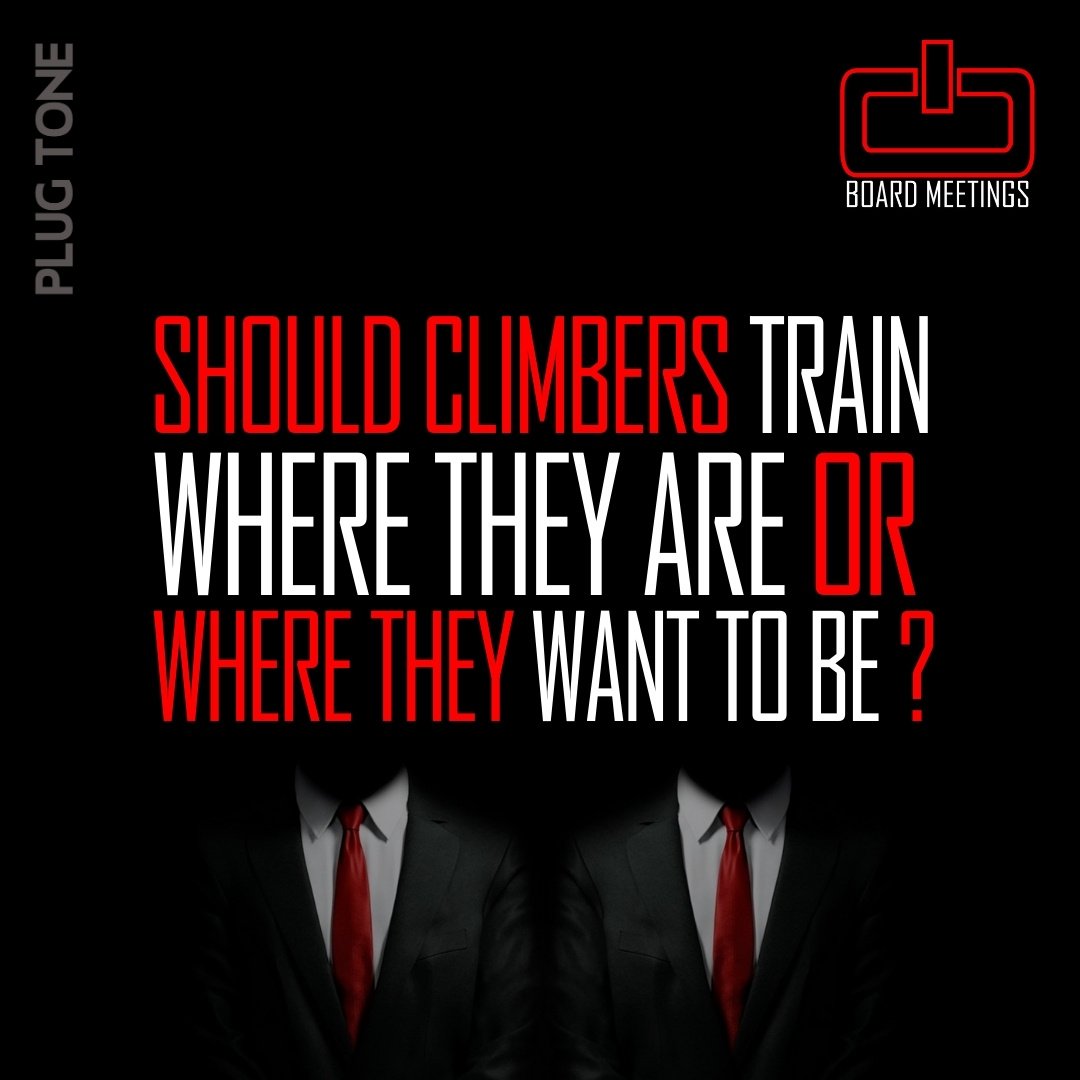


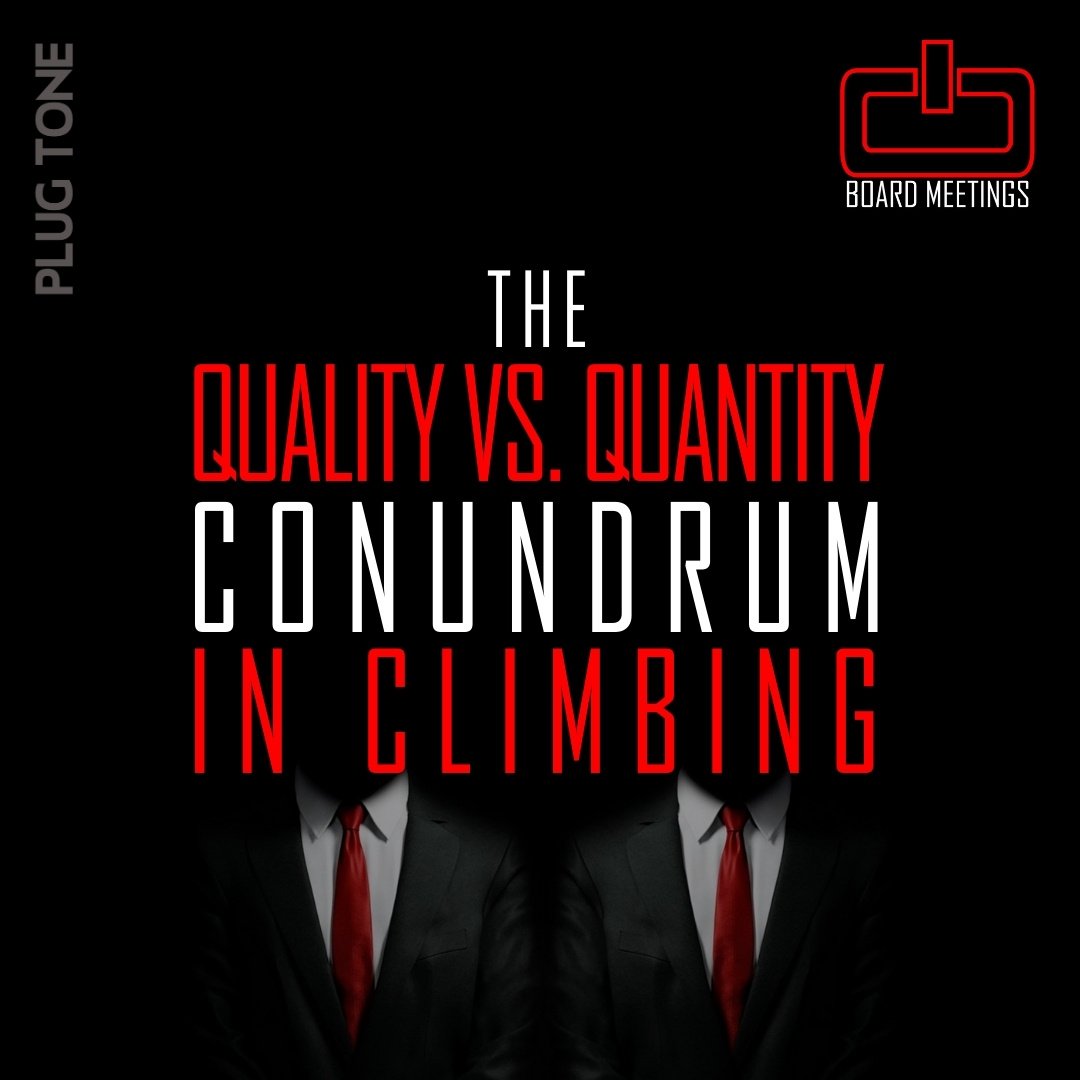
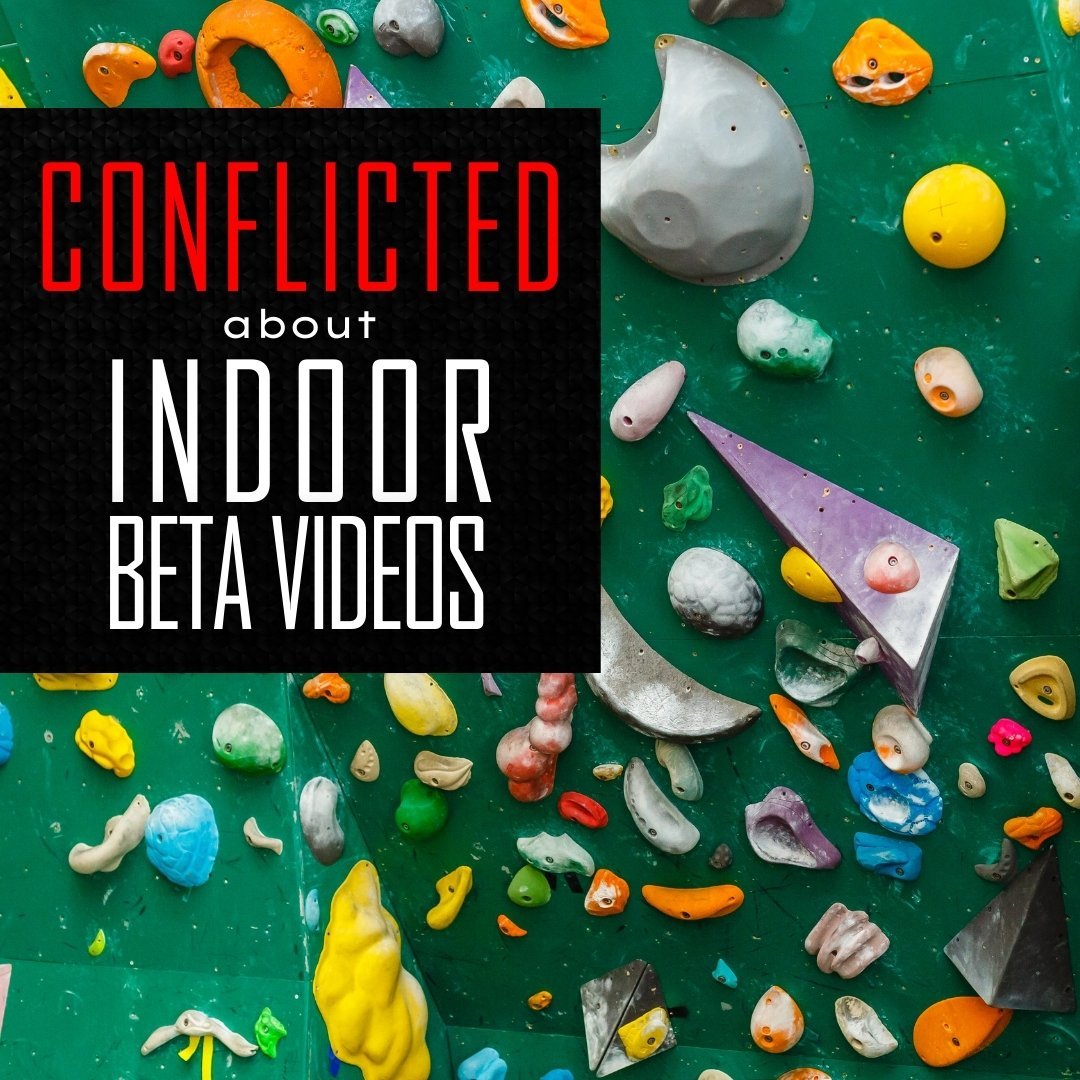
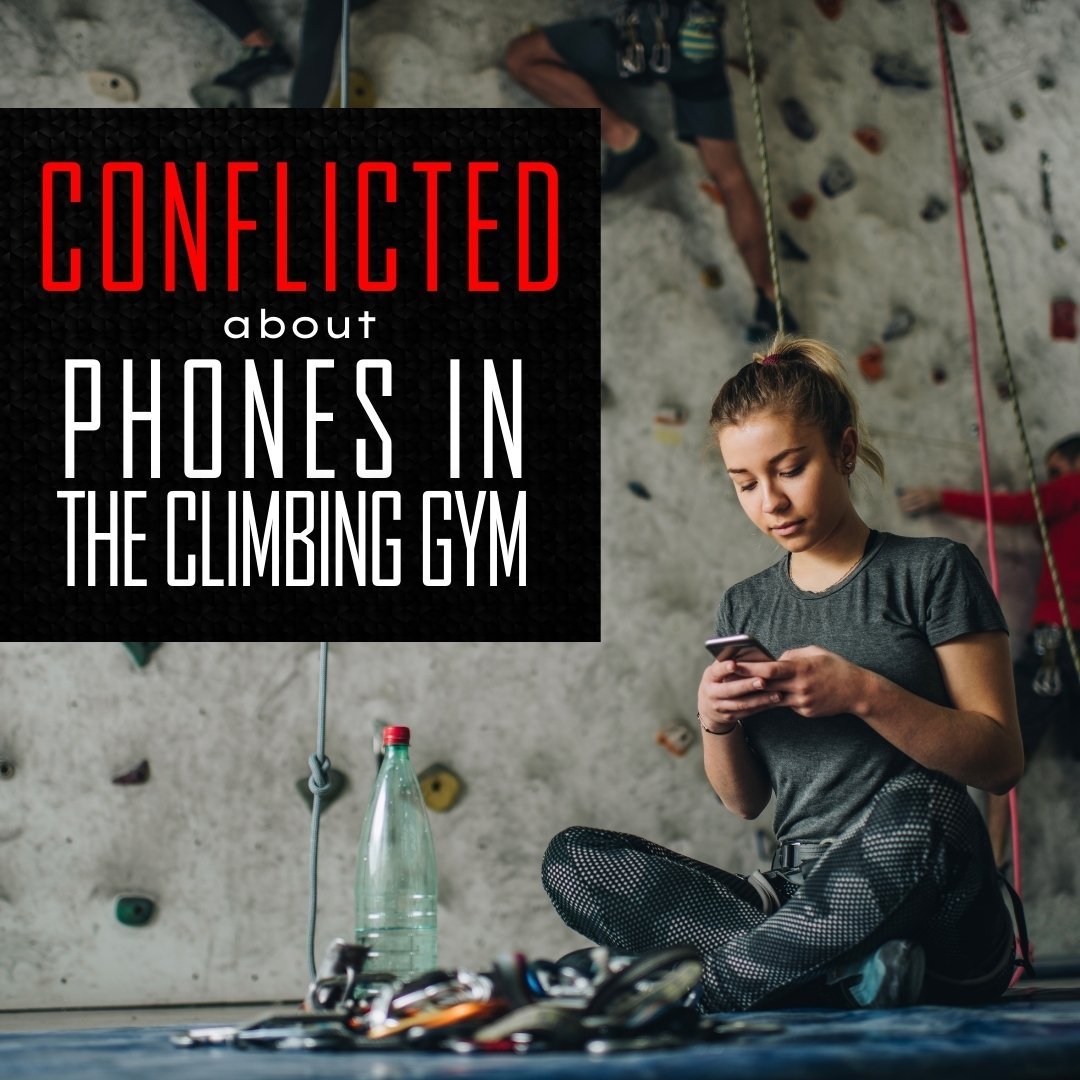
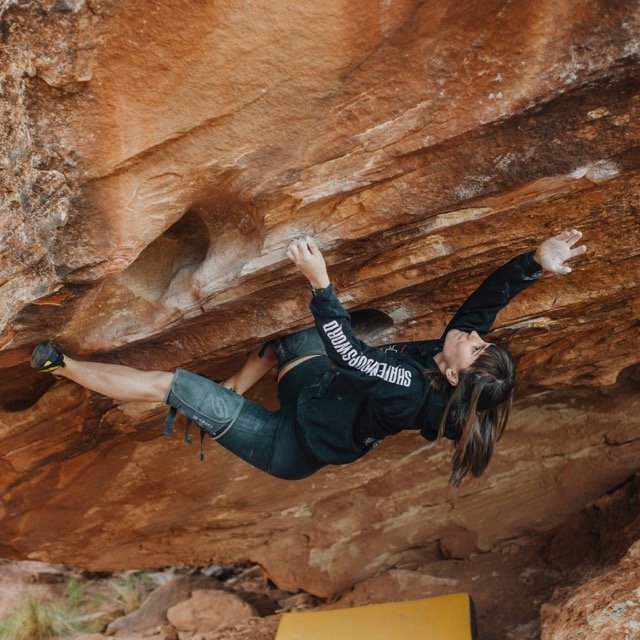

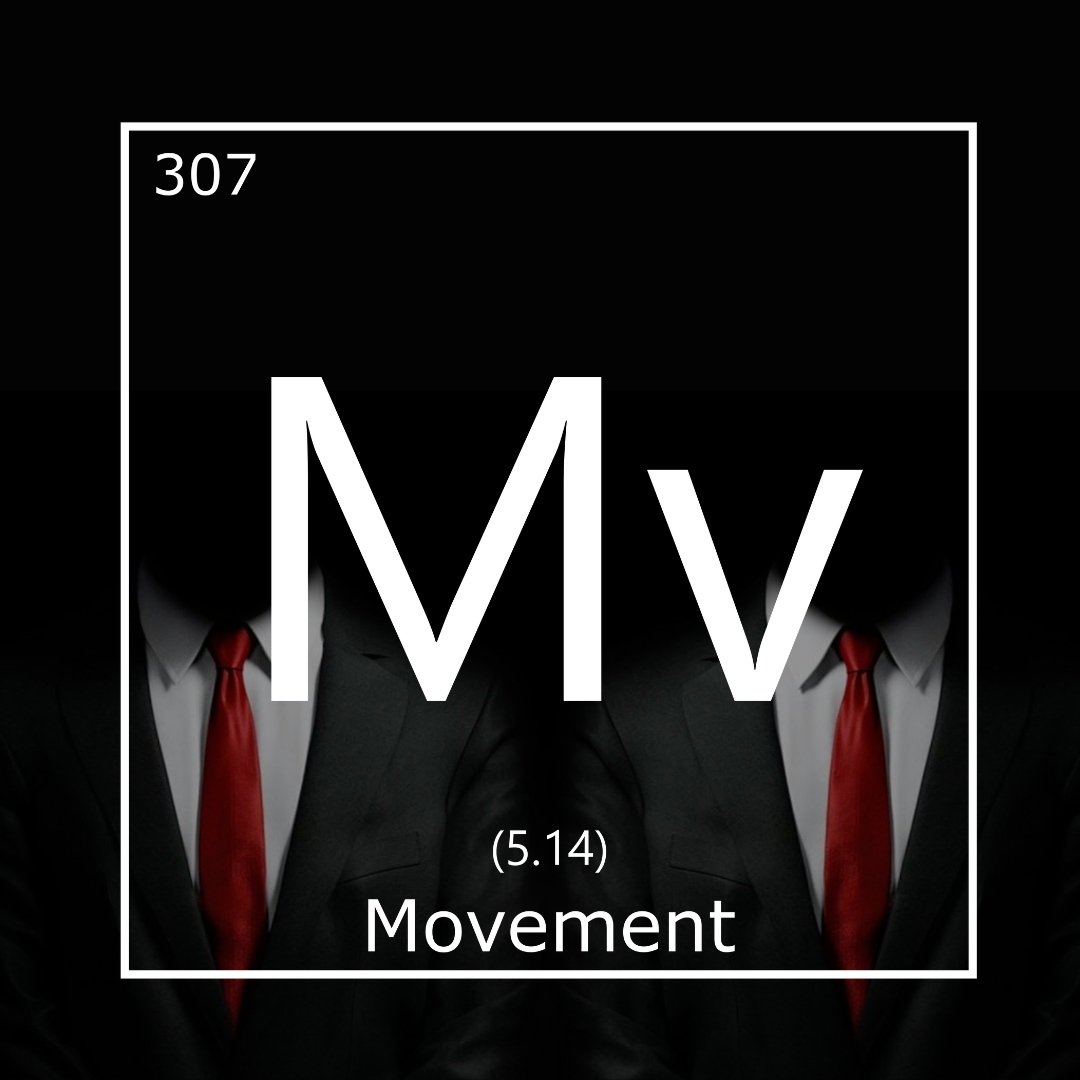
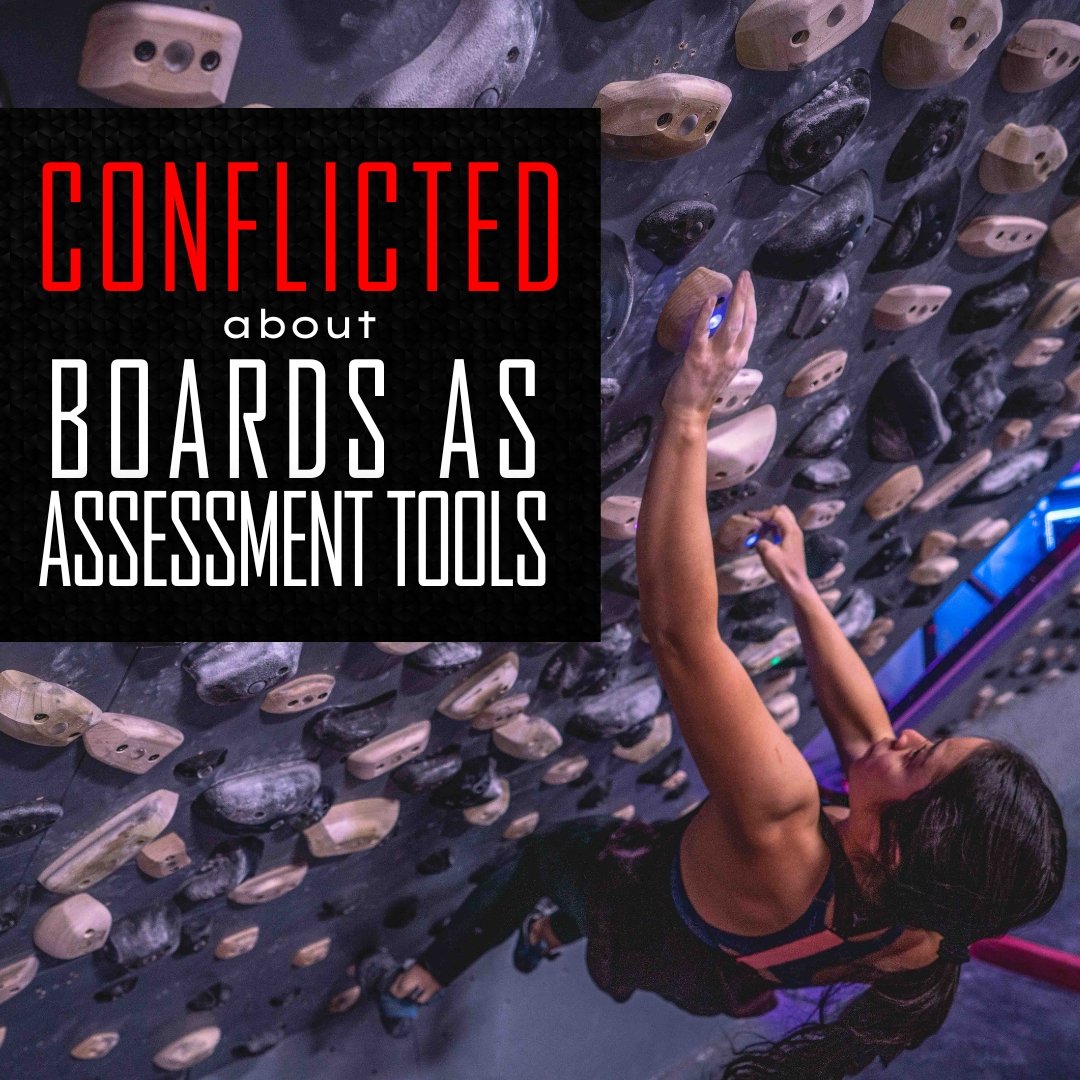
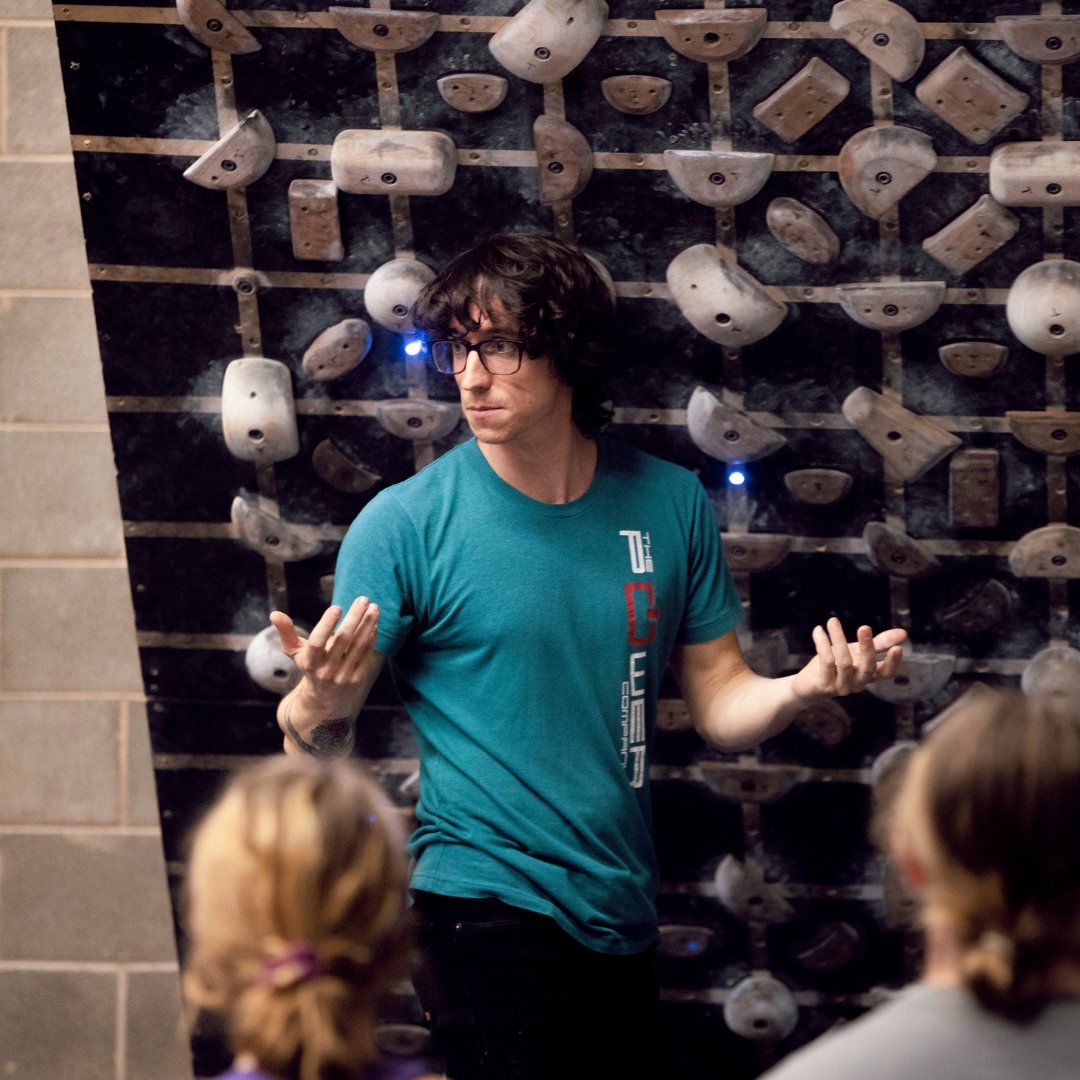
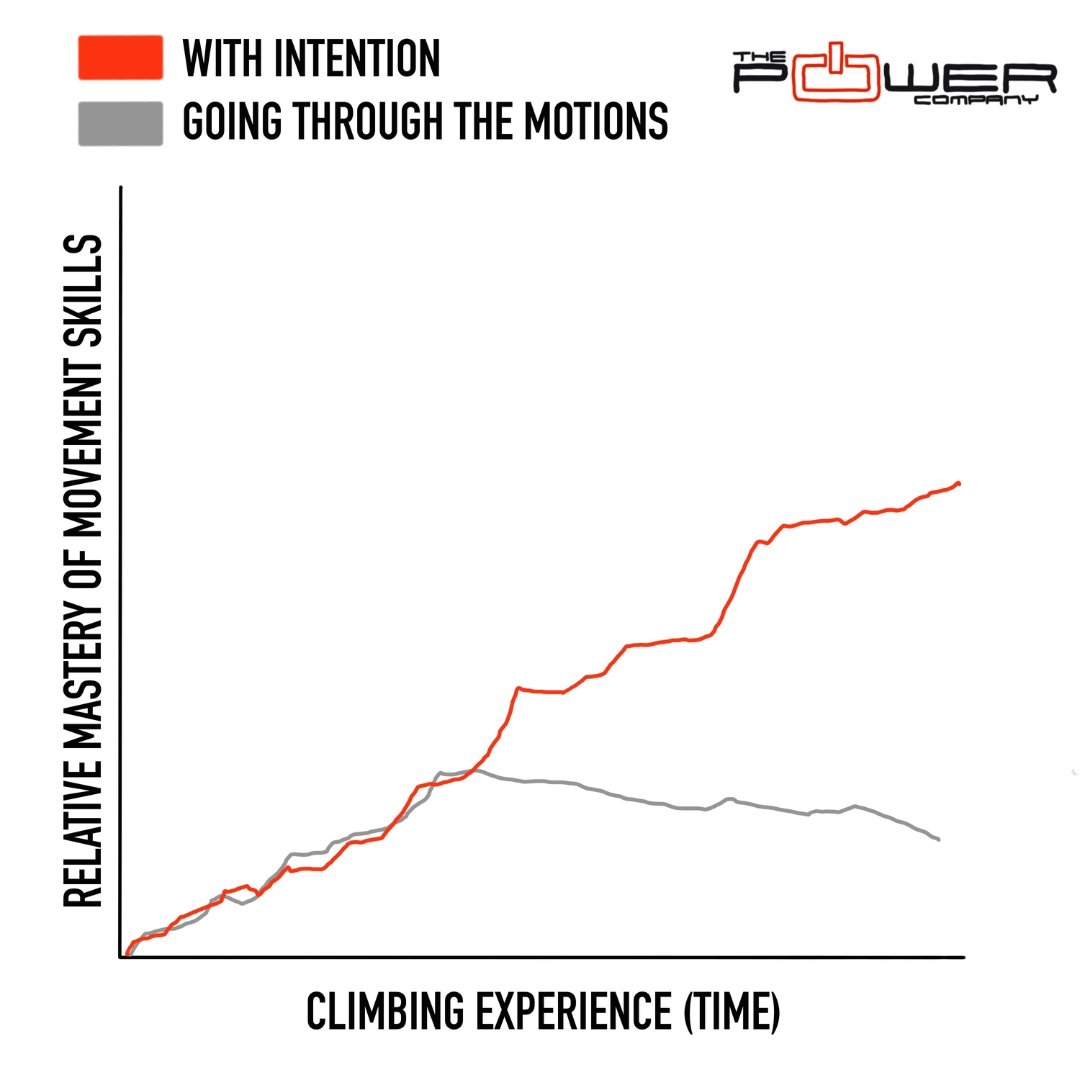




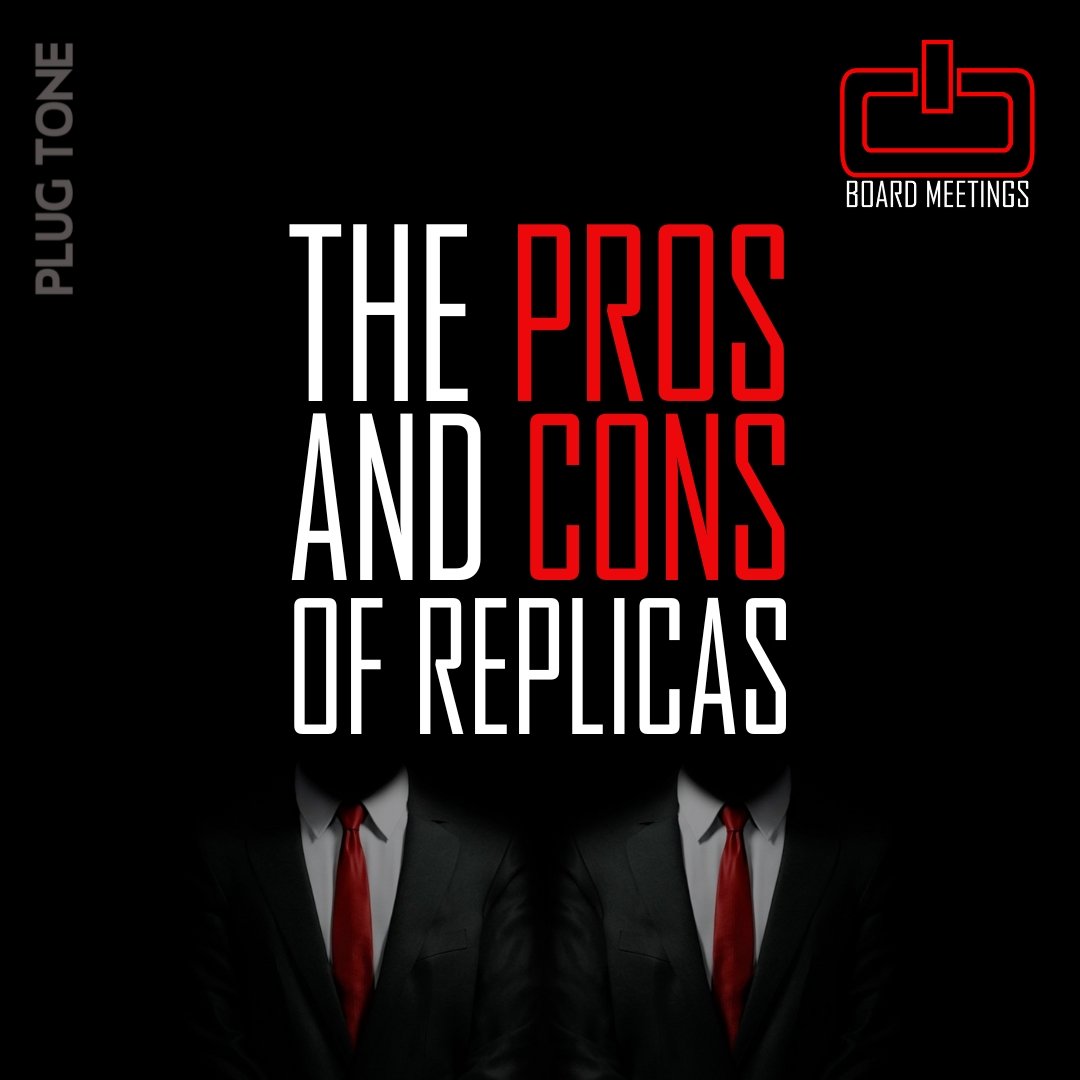


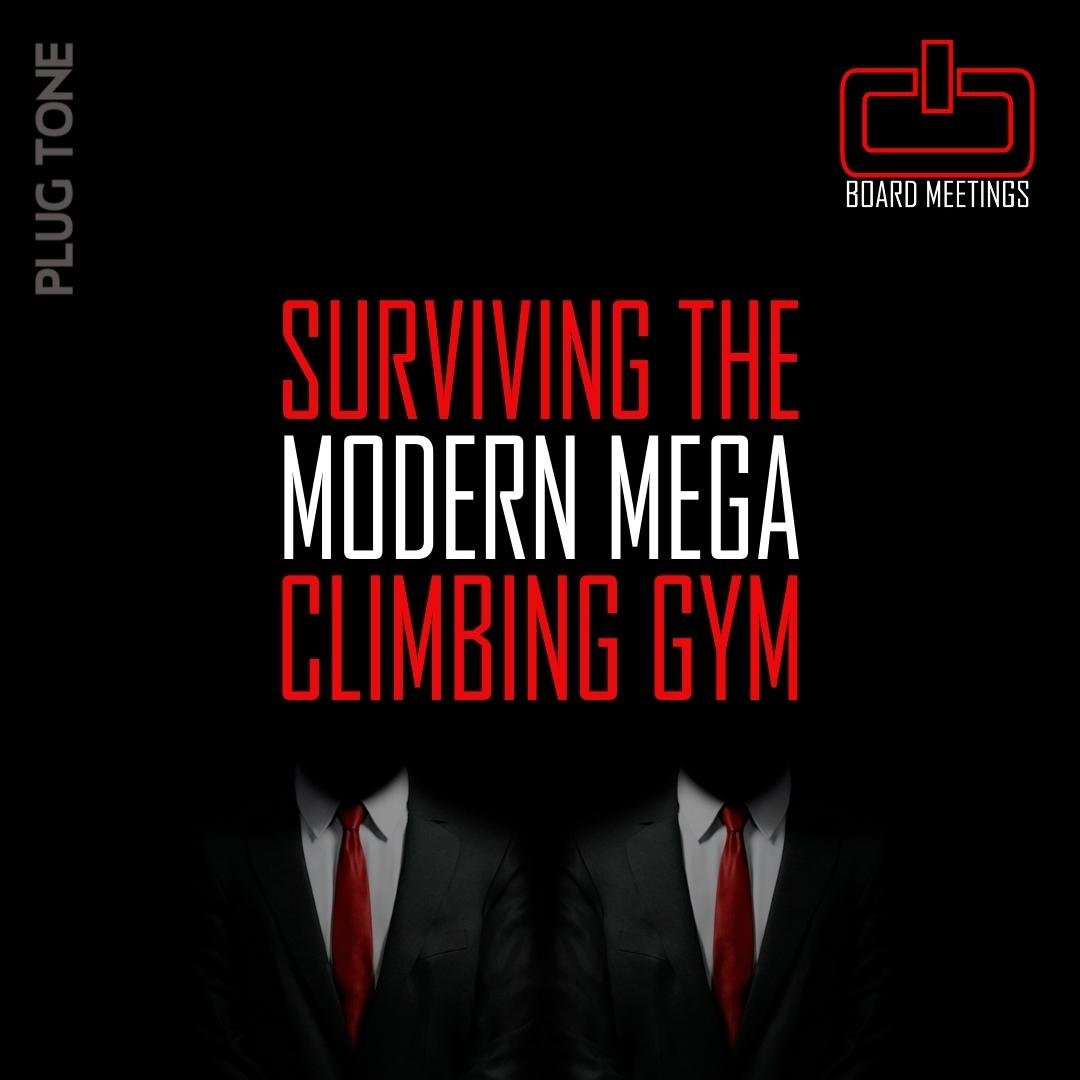


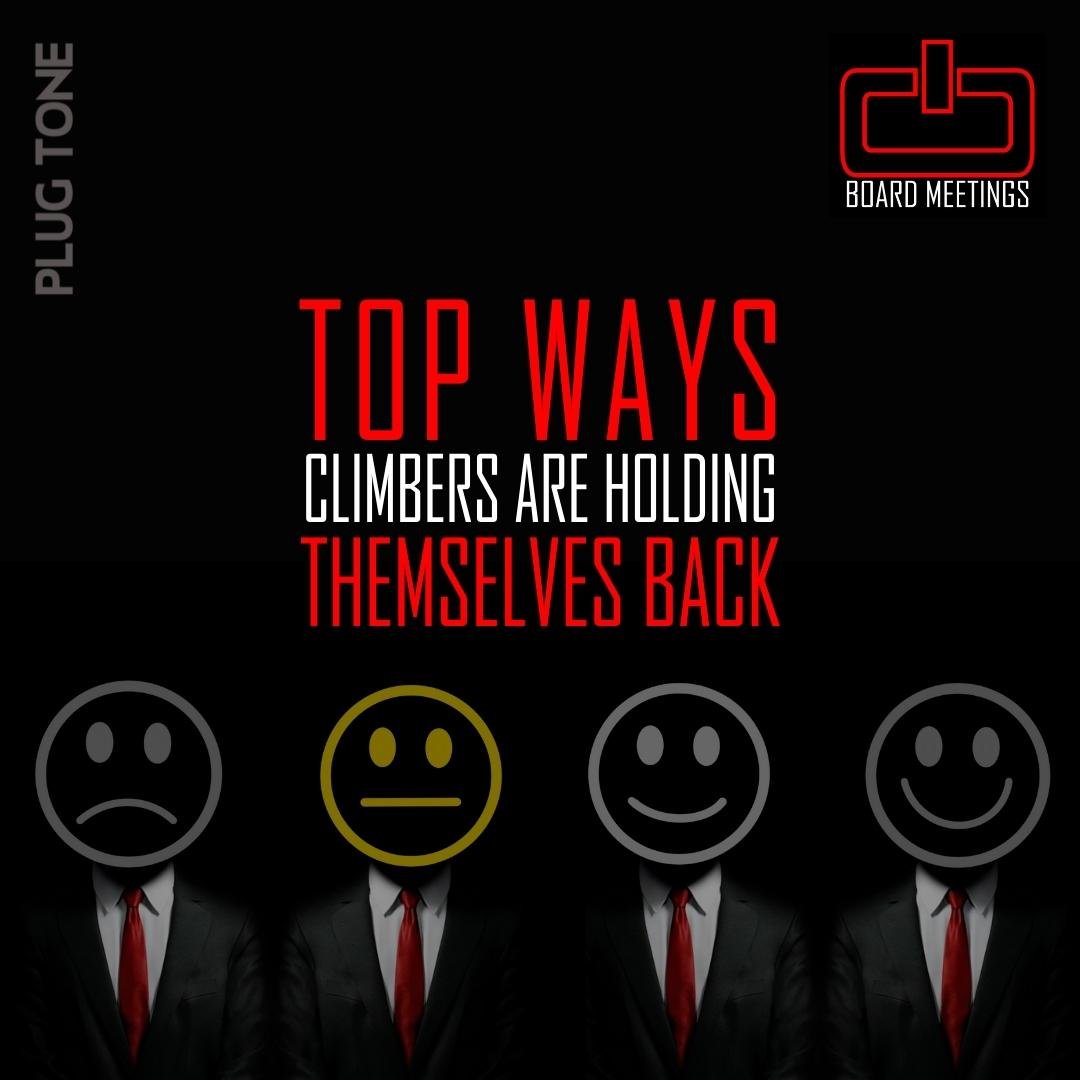



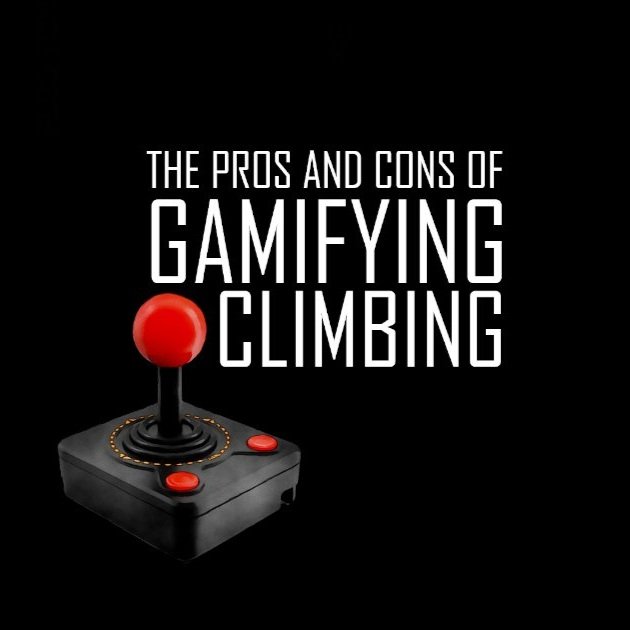



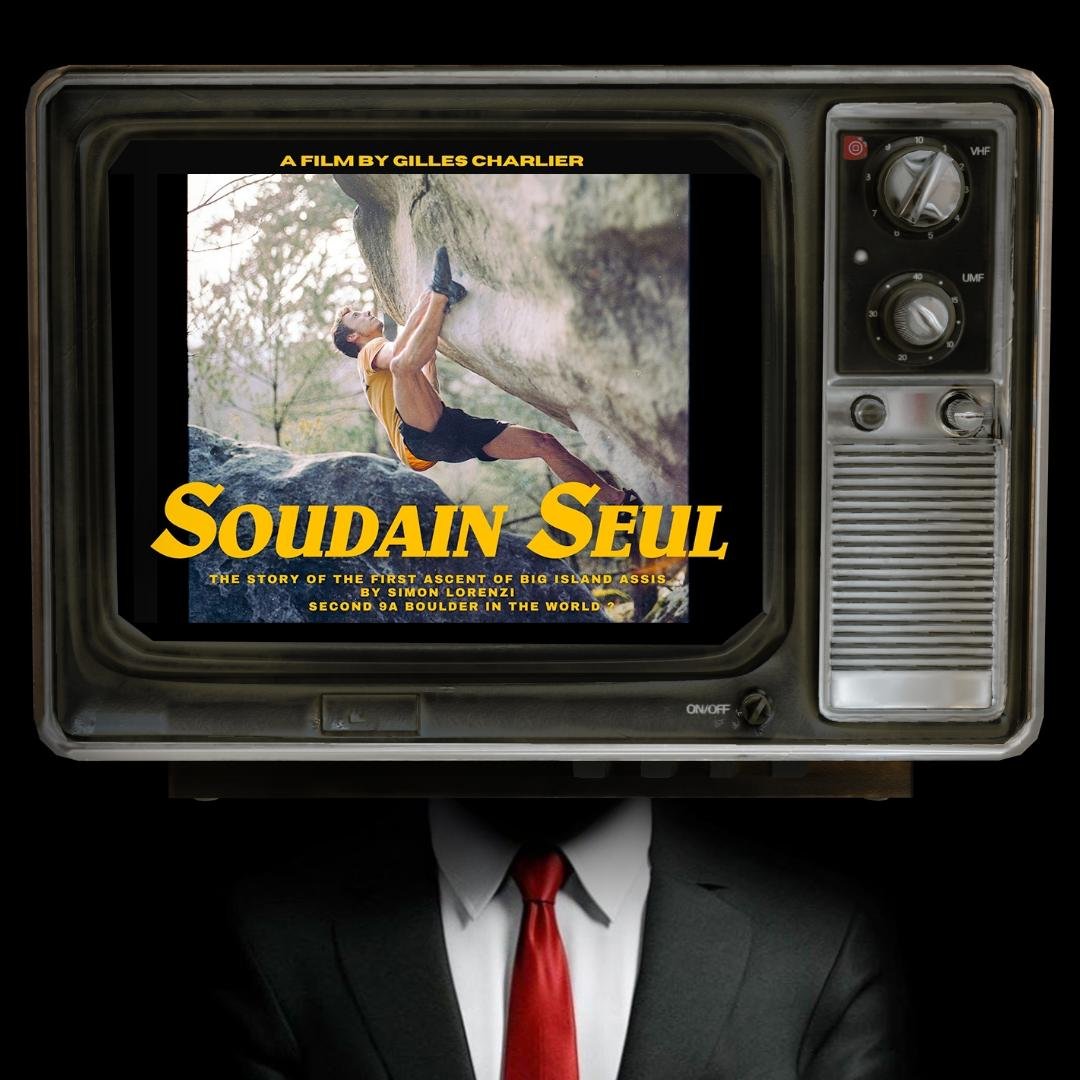


How do you know which is right for your situation?